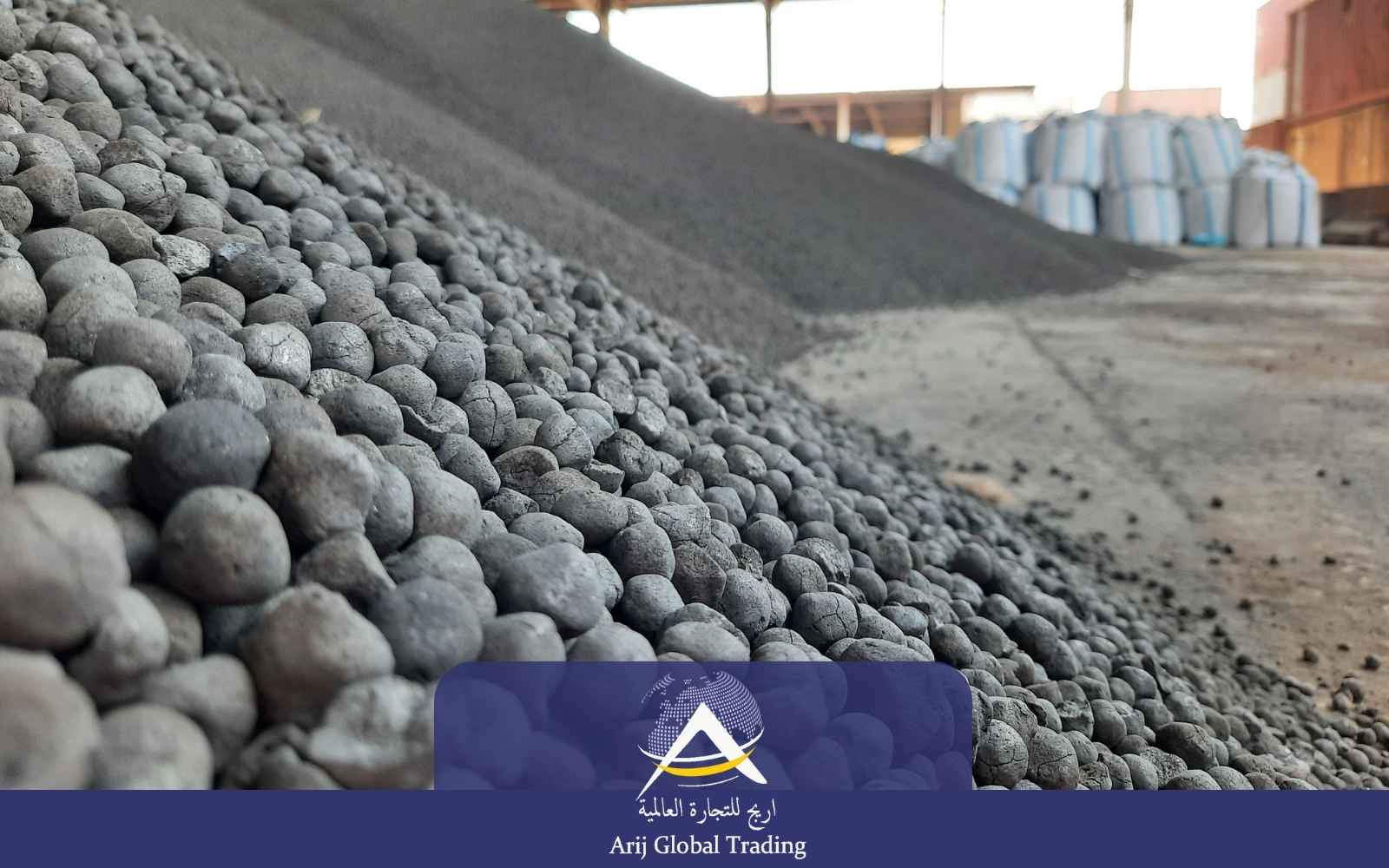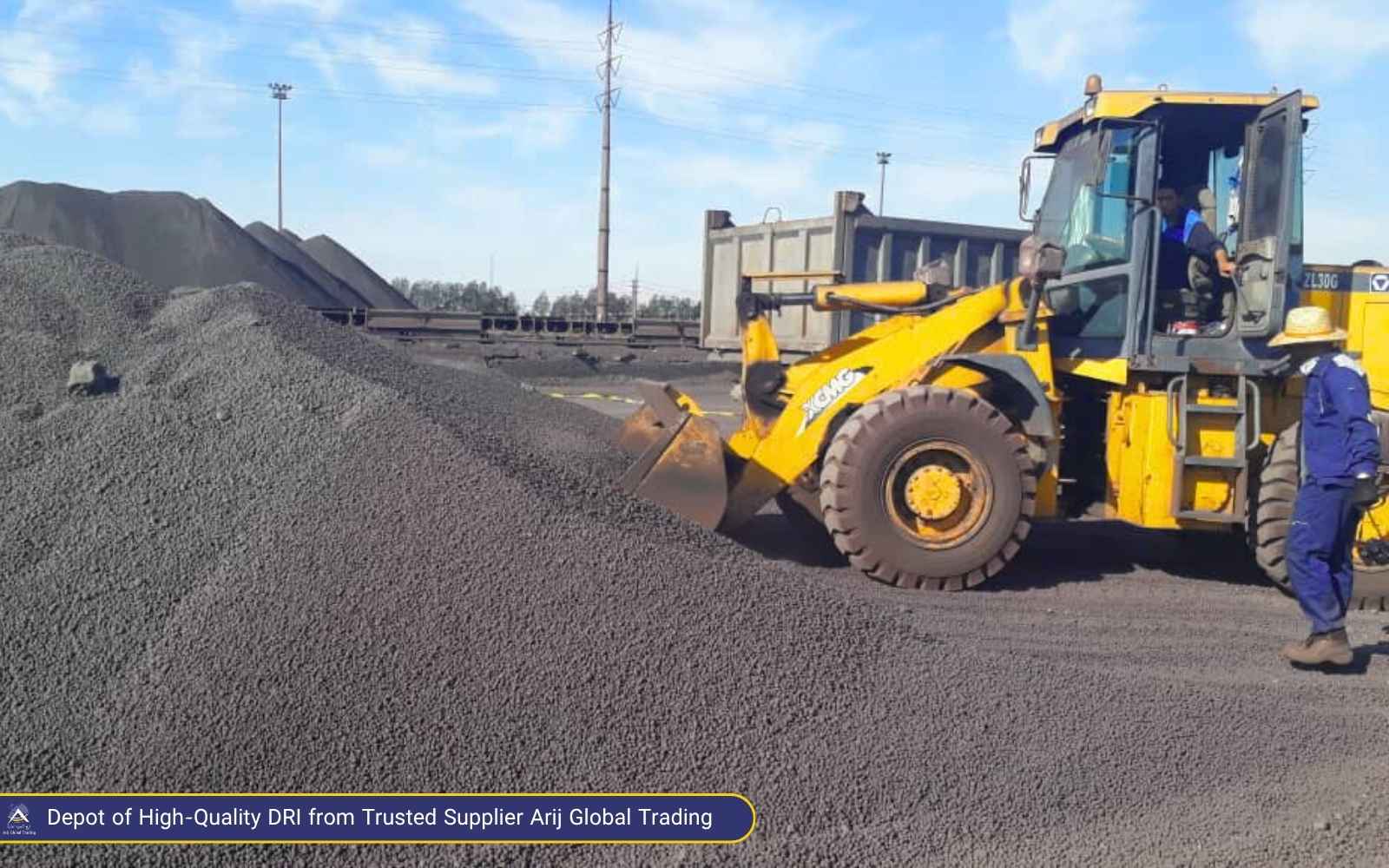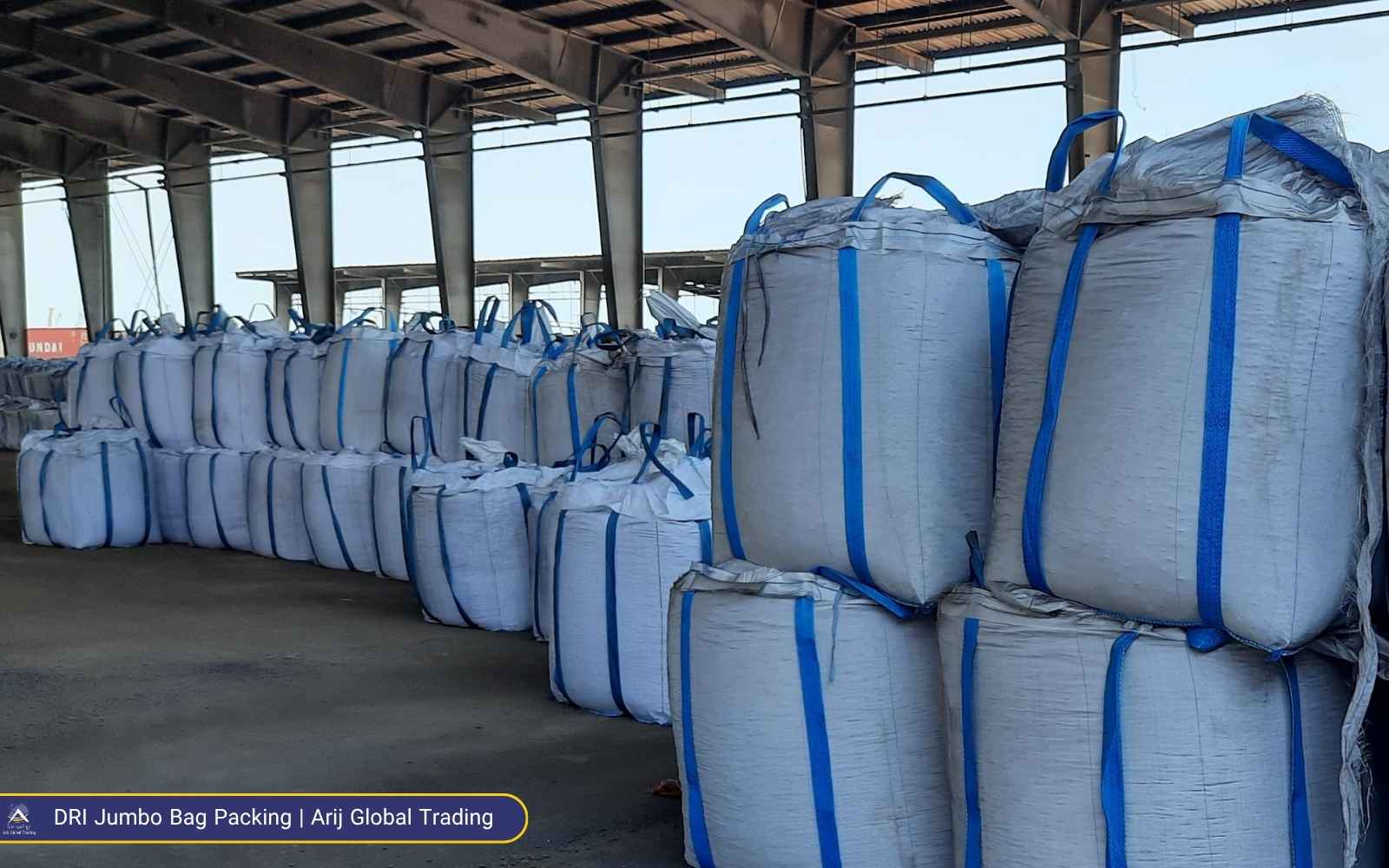
Practical Guide for Buyers and Traders in South Asia By Arij Global Trading
Securing reliable, cost-effective, and high-quality Long-Term DRI Supply is a strategic imperative for any mill, trading house, or procurement team operating in South Asia, and in this guide Arij Global Trading draws on decades of hands-on experience to explain not only what should appear in a multi-year supply agreement but also how to negotiate terms that balance commercial fairness with operational resilience, because the contracts you sign today determine your production certainty, cashflow, and competitive edge tomorrow.
Arij Global Trading maintains a great portfolio of long-standing DRI contracts, logistics partnerships, and verified supply chains that span key export hubs, enabling us to offer buyers practical proofs of performance, consolidated shipping programs, and tailored commercial structures. Our portfolio reflects repeated, successful deliveries under varied INCOTERMS, multiple third-party testing, and documented case histories that buyers can review during diligence to feel confident in committing to multi-year arrangements.
Because portfolio breadth matters when negotiating multi-year arrangements, our track record includes flexible volume programs, emergency contingency allocations, and dedicated account teams that coordinate sampling, inspection, and documentation to reduce friction; these capabilities mean that when you choose Arij Global Trading as your partner for Long-Term DRI Supply, you are selecting a supplier group experienced in pre‑empting operational surprises and in scaling delivery programs to match mill growth plans.
Long-Term DRI Agreements: Strategic Value
Why Arij Global Trading Leads the Way
When steelmakers transition to electric arc furnaces or seek to reduce reliance on volatile scrap markets, establishing a durable supply line of DRI becomes a cornerstone of mill planning, and Long-Term DRI Supply contracts deliver more than price predictability — they create the framework for coordinated logistics, joint risk-management measures, and continuous improvement programs that lower total landed cost and improve steel quality over time.
Strategic benefits buyers should expect
Buyers who approach negotiations with a commercial plan typically secure lower per-ton costs through committed volumes, create predictable schedules that reduce demurrage and expediting fees, and obtain clearer remedies for off-spec shipments, and when you work with a reliable DRI supplier or an experienced DRI Trader these operational advantages compound because they allow mills to optimize furnace schedules and inventory turns, which in turn reduces holding costs and smooths production planning.
Preparing to negotiate: the diligence that pays
Begin negotiations by aligning your internal stakeholders — production, logistics, treasury, and quality control — and produce a demand profile that lays out monthly, quarterly, and seasonal needs; pair that with a logistics capacity review that details port handling limits, rail or truck connections, and on-site storage, because sellers will price certainty differently if you can demonstrate disciplined offtake and reliable discharge capabilities, and Arij Global Trading recommends documenting your storage and receiving capabilities in the LOI to speed commercial decisions.
Potential suppliers for production continuity, export experience, and compliance history, and always request third-party test records, SGS or equivalent inspection reports, and sample contracts from prior buyers to validate performance claims — this empirical evidence forms the basis for insisting on objective testing and sampling methodologies in the final agreement, and when dealing with a trusted DRI Exporter you should still insist on transparent documentation.

Delivery terms, INCOTERMS and logistics planning
Selecting the right INCOTERM is an operational decision disguised as a commercial one: FOB is preferred by many buyers who want control of the main leg and insurers, while CFR simplifies logistics for buyers that lack shipping expertise; whichever term you select, the contract must define port nomination procedures, berth window obligations, contingency plans for port congestion, and explicit demurrage and detention liability rules tailored to South Asian port realities, including monsoon season slowdowns and inland transit constraints, and Arij Global Trading routinely suggests trial shipments under the negotiated INCOTERM to validate port operations before full volumes commence.
Quality assurance, sampling and dispute resolution
To prevent protracted disputes, specify the sampling points (on-board, at the time of discharge, or at the warehouse), appoint an agreed panel of independent surveyors (for example, SGS or Intertek), and define tie-breaker laboratories for divergent results, because clarity on who pays for re-testing and the remedy ladder for off-spec cargo (price adjustment, re-blend, or replacement) materially reduces post-shipment friction and preserves long-term commercial relationships, and every experienced DRI Trader will welcome a fast tie-breaker mechanism that resolves disagreement within a fixed number of days.

Why choose Arij Global Trading for Long-Term DRI Supply ?
Arij Global Trading combines verified production capacity, dedicated South Asia logistics teams, flexible commercial structures, and practical credit support so buyers can secure multi-year DRI programs with minimal operational friction, and our local offices, long-standing port relationships, and 24/7 operations desk coordinate pre-shipment sampling, SGS testing, customs clearance, demurrage mitigation, and emergency re-routing to keep your supply chain moving; for these reasons mills and trading houses repeatedly select Arij as their preferred DRI supplier, DRI Trader, and DRI Exporter.
What is the ideal contract length for DRI supply?
Typically 3–5 years with annual review windows, as this balance gives both parties visibility without locking in inflexible terms.
Should I require SGS testing for every shipment?
For long-term deals, require third-party testing for initial shipments and periodic random inspections thereafter, with clear rules for additional testing in case of disputes.
What INCOTERM do we recommend for South Asia imports?
FOB is often recommended if you can manage shipping; CFR can be used when you prefer simpler supplier-managed carriage — choose based on your logistics capability and risk appetite.